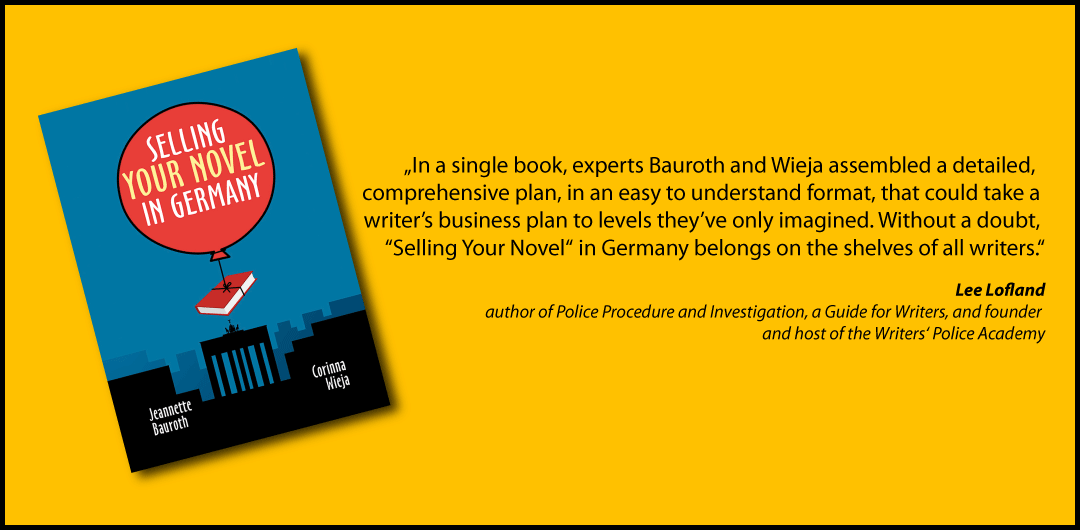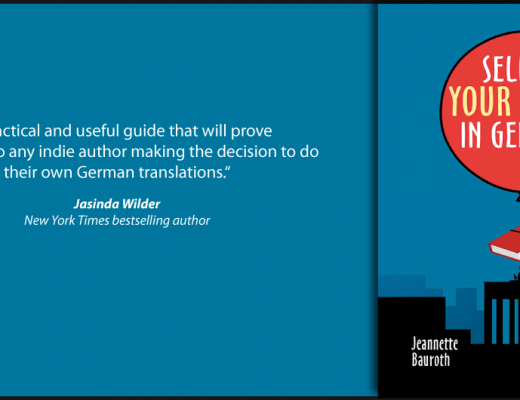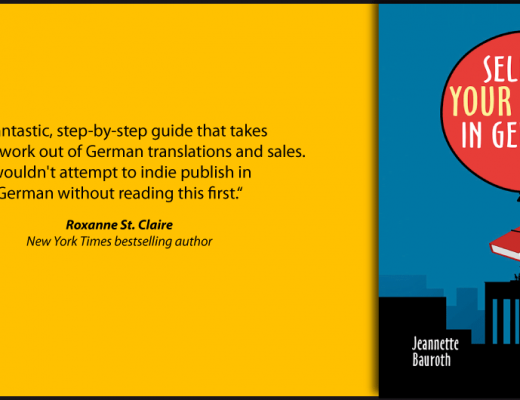If you think a literary translator does not require any special skills, think again. Even novel translations involve a certain amount of “technical” terminology – in a crime novel, for example, there may be police lingo, medical jargon and prison slang. And a good crime novel translator will also have to have some knowledge of weapons in order to convey the details of the source text properly (in a word, the translator has to have the same factual knowledge as the author). Translators of romance novels need to be familiar with the conventions of the genre when it comes to translating love scenes; if they don’t, the tone of the book will quickly go wrong and you may go from steamy love scene to hilarious internet meme before you know it.
So how do you find the perfect translator for your project? First and foremost, your translator should have the necessary qualifications. In Germany, the professional title of “translator” is not regulated, which means that when it comes down to it, all you really need to do to be a translator is start calling yourself one. But there is a lot more to being a good translator than knowing another language well and enjoying reading. Truly being able to meet the demands of the job requires advanced linguistic skills and specialized translation expertise.
If a translator’s website features the terms Bachelor of Arts, Master of Arts, Diplomübersetzer (which indicates a graduate degree in translation), staatlich geprüfter Übersetzer (state-certified translator), or Übersetzer IHK, you can at least assume that the person in question has completed a program of studies in the field and has passed an examination of her translation skills before a state-appointed examining board, in most cases in a given field of specialization.
Having said that, there are also excellenttranslators who have never attended a translation program or obtained a degree in translation, but who have simply gotten into the field and honed their skills through many years of invaluable work experience.
Be aware that not every good, professional translator will necessarily be a good translator for a novel. There are many different kinds of text, each with their own specific demands. Technical texts, for example, use professional, field-specific terms and require knowledge of the subject matter, standards, relevant regulations and terminology. A novel demands a more creative approach to language, a feeling for the author’s style, recognizing and capturing the things that make the novel special, and familiarity with the conventions of the genre. Apart from all this, the translator of the novel should, to some degree, have the mind of an author, that is, a literary perspective and knowledge of literature in general, as well as know both cultures through-and-through so as to be able to read between the lines, see any hidden messages and allusions, and convey them effectively in the target language. Ideally, your translator will have experience translating novels, preferably in your genre. And if, on top of all that, you can find a translator who is also familiar with the specific requirements of self-publishing and can help you along the way from translation all the way to publication, you may have just found the perfect translator for your project.
From: “Selling your novel in Germany”





No Comments